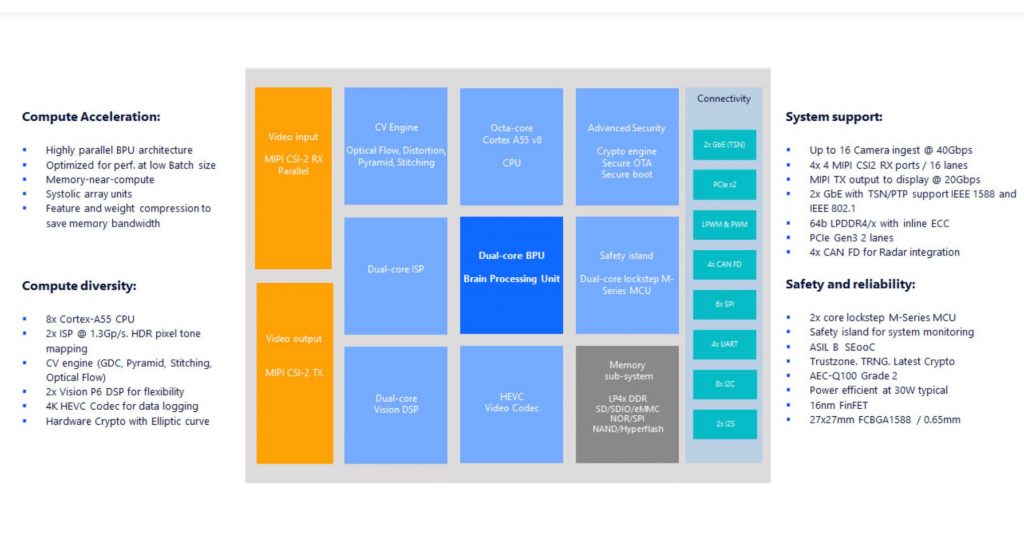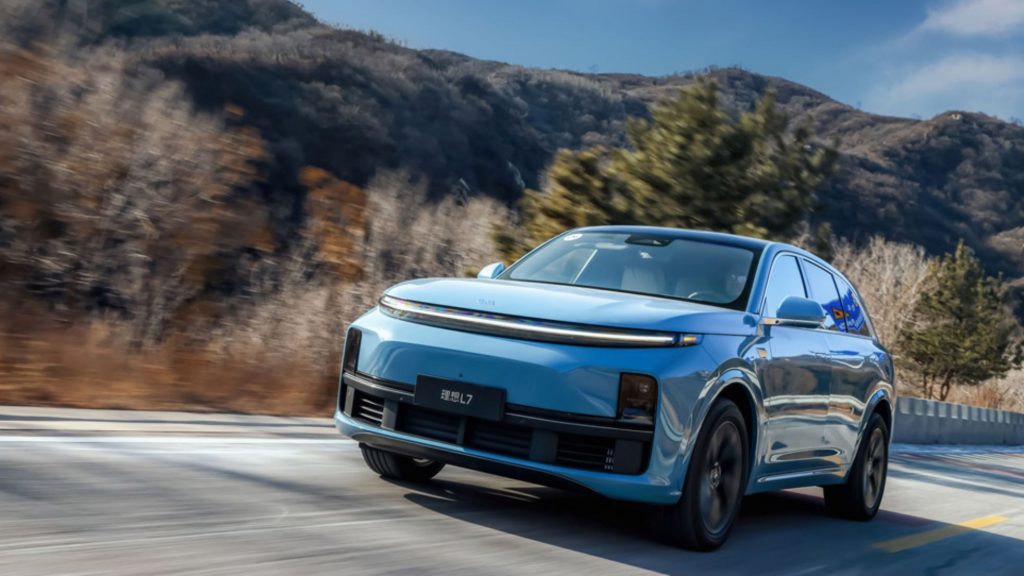
Today, Alameda, CA-based Wind River announced a collaboration with Horizon Robotics, a provider of consumer vehicle ADAS (advanced driver assistance systems) in China. The intent is to offer OEMs an integrated hardware/software solution based on Horizon’s Journey series of chips and compute solutions and Wind River’s cloud-to-edge portfolio.
The new offering is expected to reduce time to market and cost by simplifying development and integration for next-generation applications such as automated driving and for software-defined vehicles. It will enable Wind River software—including the VxWorks real-time operating system), Helixtype 1 hypervisor-based multi-tenant platform, and its Linux and Studio offerings—on Horizon’s Journey.
“The auto industry in China is transforming tremendously, and Horizon continues to create the computational foundation for the era of smart vehicles,” said Dr. Kai Yu, Founder and CEO of Horizon, “We are committed to improving the efficiency and enhancement of automated driving by collaborating with upstream and downstream partners.”
With the Wind River addition, Horizon hopes to provide more differentiated solutions for OEMs.
“Our collaboration with Horizon is an important step in building an open, innovative, and collaborative ecosystem, which is paramount to the development of the smart mobility industry,” said Avijit Sinha, Chief Product Officer of Wind River. “The combination of Wind River software and Horizon hardware will allow OEMs to better leverage the advantages of localized development.”

Horizon disclosed at Auto Shanghai 2023 in April that Journey shipments had reached 3 million units in cars, with more than 50 models having launched and reached full mass production from Chinese automotive OEMs including BYD, Geely, and Li Auto.
In February, Li Auto launched its L7 flagship family SUV with Li AD Pro ADAS, which is powered by Horizon’s energy-efficient Journey 5. Horizon forged a partnership with Li Auto in 2019. In 2021, the Li ONE became the first mass-produced vehicle powered by Horizon’s Journey 3 for driving assistance features such as adaptive cruise control, lane-keeping assist, and automated parking.
On the highway, the new Journey 5-equipped L7 and L8 with the system can automatically change lanes, overtake other vehicles, adjust speed, and “smoothly’ enter and exit highway ramps, helping to reduce driver fatigue during long-distance trips. The system is engineered to understand the complexity of Chinese roads, which tend to have larger numbers of two-wheeled vehicles and pedestrians.

